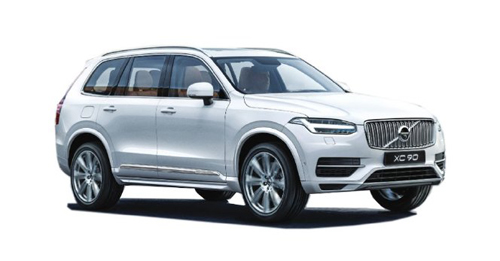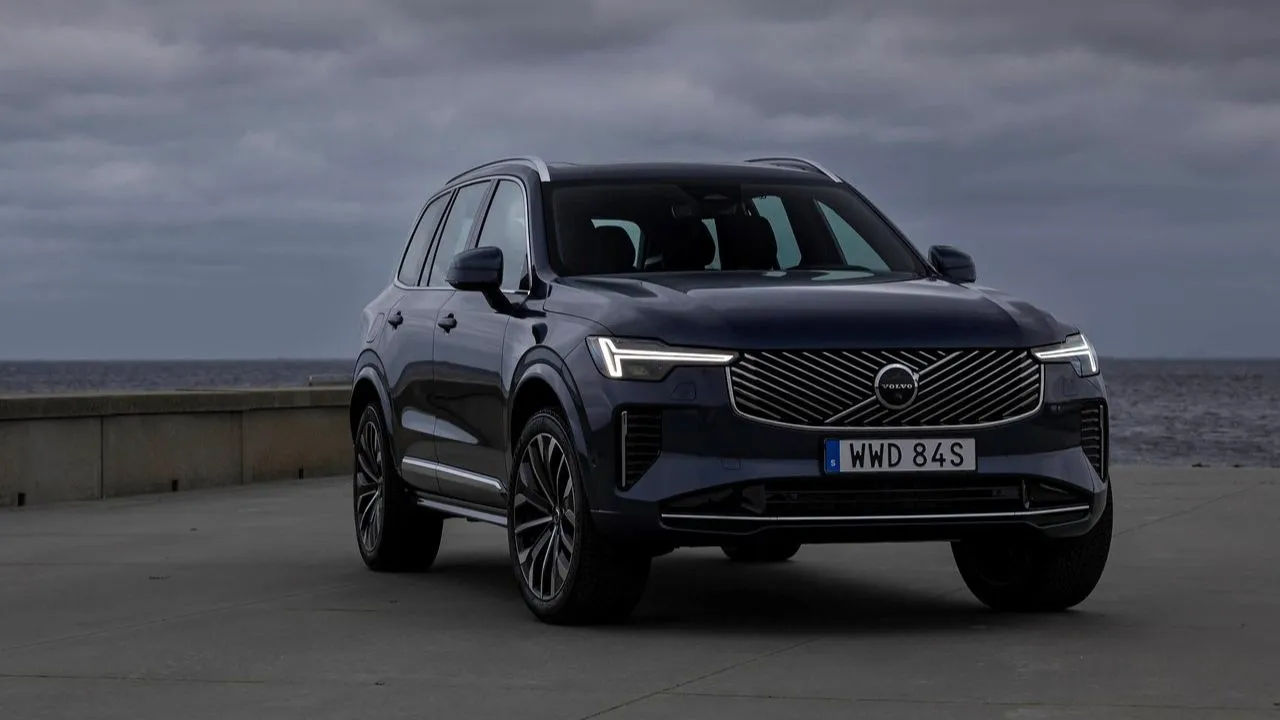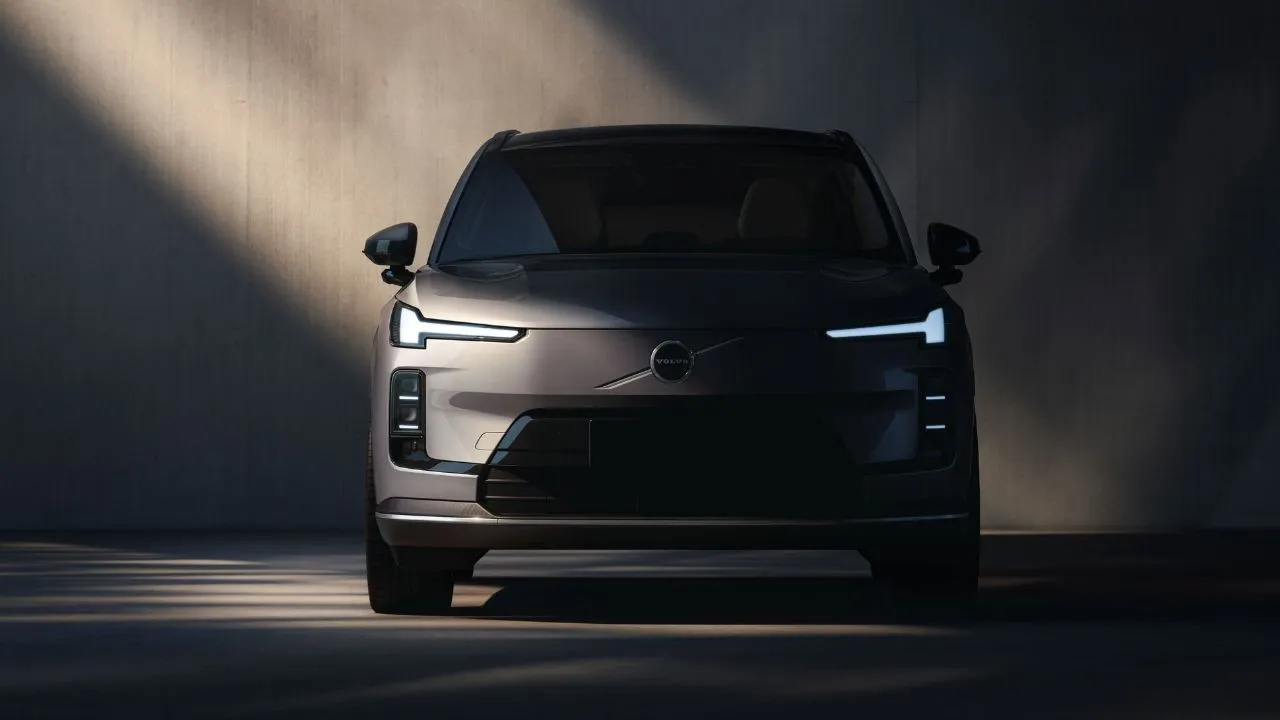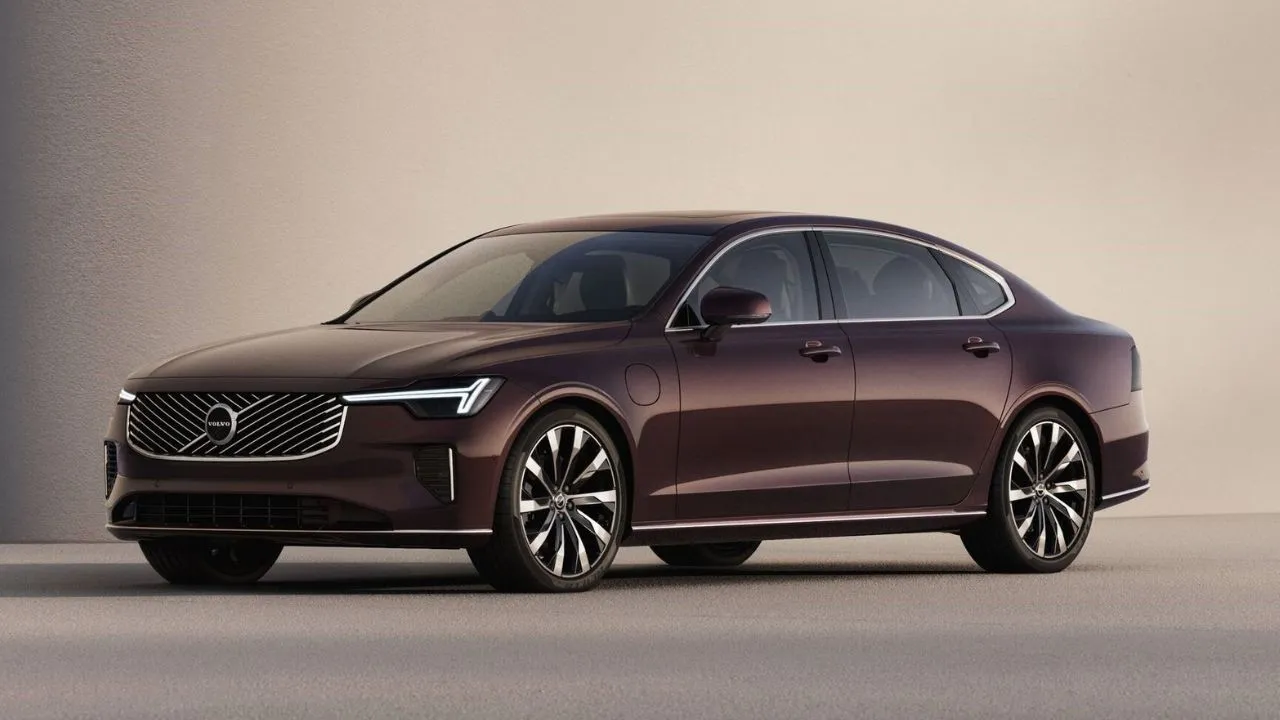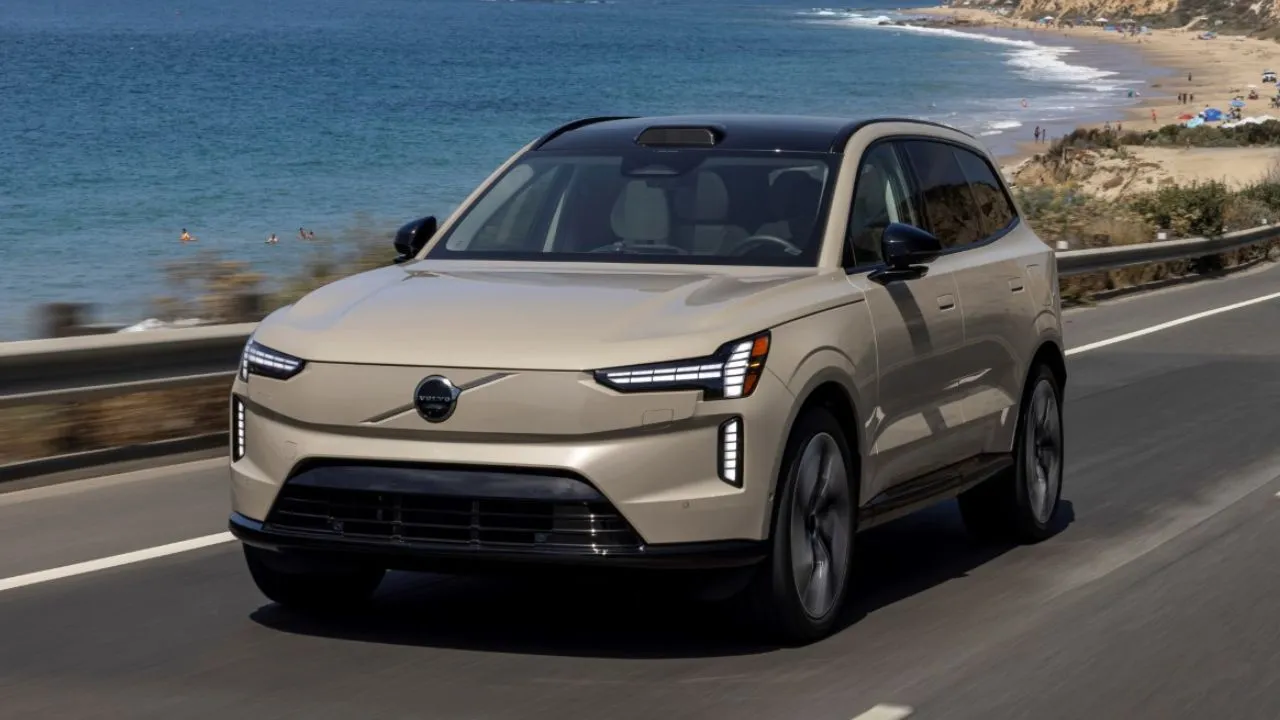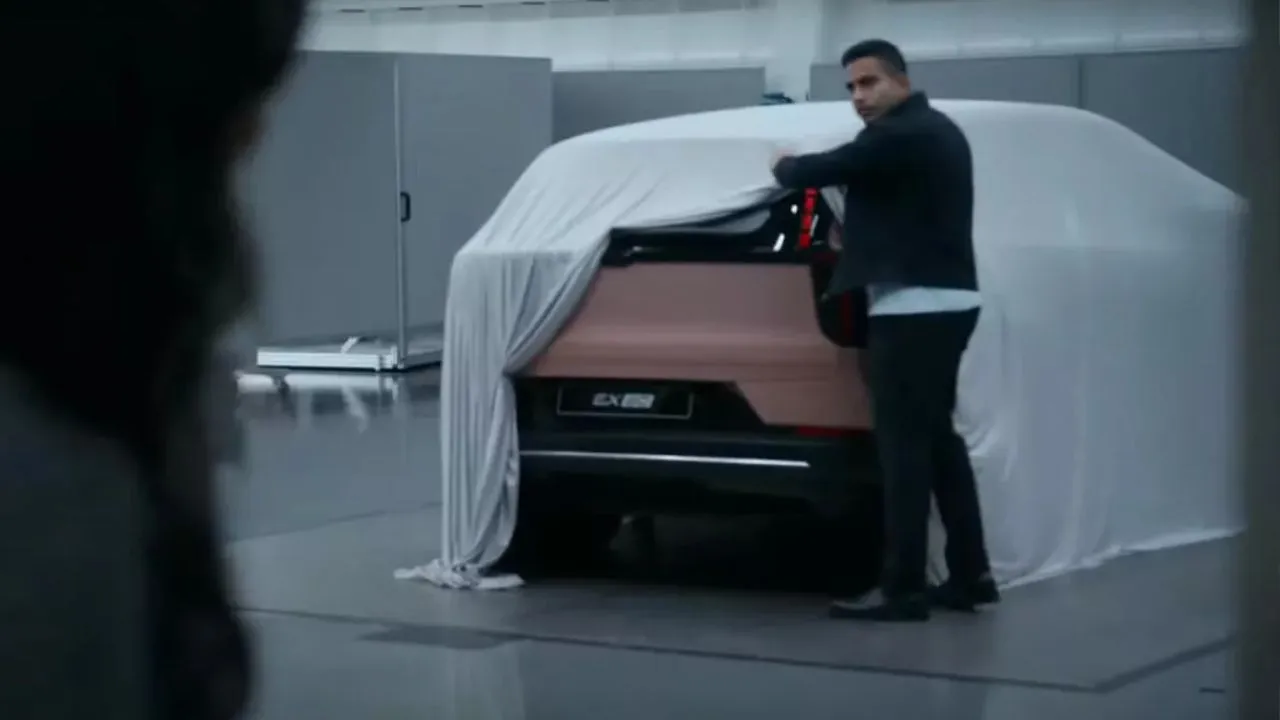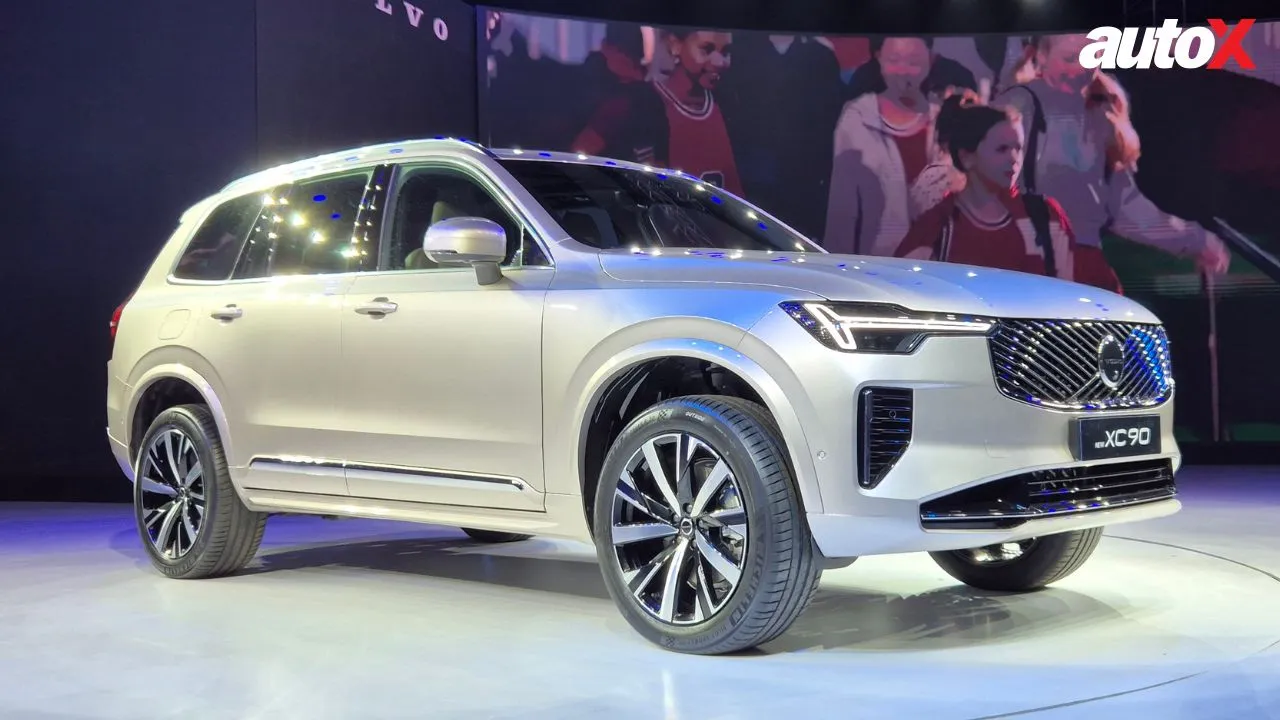Volvo to supply autonomous cars to Uber
Volvo has partnered with ride-hailing app company, Uber, to provide the latter with around 24,000 cars with autonomous capabilities between 2019 and 2021.

Volvo has partnered with ride-hailing app company, Uber, to provide the latter with around 24,000 cars with autonomous capabilities between 2019 and 2021.
Uber is speculated to buy the XC90 plug-in hybrid, which will have a radar and some sensors pre installed. Uber will then incorporate the rooftop camera and LiDAR rig, as well as a an on-board computer to control the entire autonomous functioning. Uber’s aim is to make its self-driving cars efficient enough to operate without a human.
Volvo and Uber have been working on developing autonomous technology independently as well. Volvo has already announced that its first fully autonomous vehicle will debut sometime in 2021.
Uber remains committed to autonomous driving technology development, despite the fact that 2017 has been a tough year for the San Francisco-based tech company. Uber has been sued by Google’s Waymo for allegedly using the latter’s technology in its vehicles. Then, the company also faced issues in England, where the local authorities announced that it plans to withdraw Uber's licence in the city of London.

